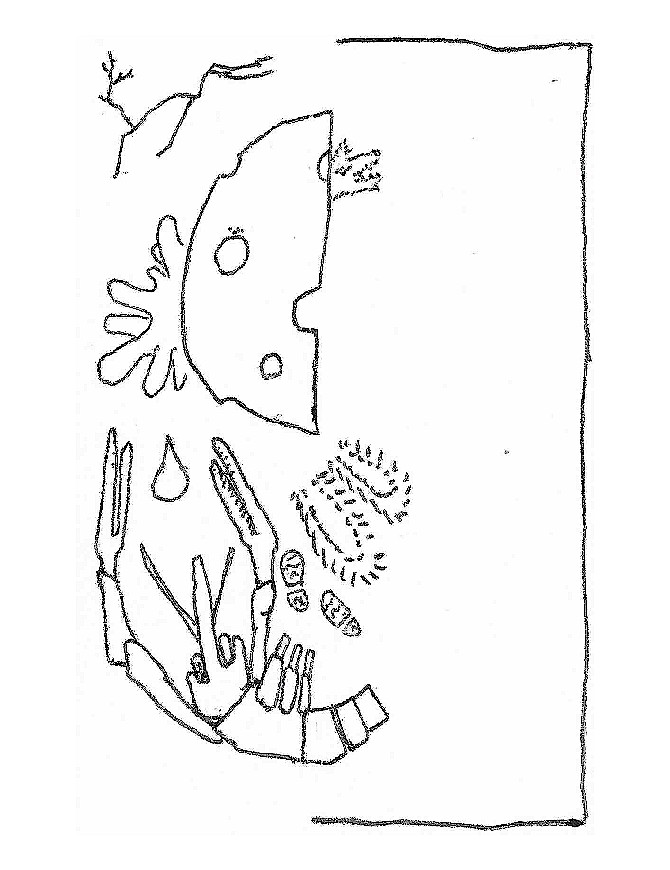Watch
Events
Articles
Market
More
INTIMIDATION
A Healing prayer for you to use when you are feeling intimidated
References:
Hebrews 13:6 --- Psalm 27:1 --- Psalm 23:4 --- Matthew 28:20 --- Jeremiah 1:8 --- Ezekiel 3:9 --- Psalm 56:4 --- Jeremiah 15:20 --- Ephesians 6:10 --- Psalm 31:24 --- John 3:16 --- 2 Timothy 1:7 --- 1 Corinthians 15:57 --- 1 John 4:4 --- John 15:16
Healing Promise:
“Adonai is my helper and I will not fear what man shall do unto me” (Hebrews 13:6)
Healing Prayer:
O my Heavenly Abba, thank You for being my constant Helper. Because I know this is true, I will not fear what other people or circumstances shall attempt to do to me. Heal me of the feelings of intimidation I have been experiencing. You are my light and my salvation, of what then should I be afraid? You are the strength of my life; therefore, I will fear no-one. Thank You for these precious liberating truths my dear Abba. Even if I should have to walk through the valley of the shadow of death, I will fear no evil, because I know You my Abba and my YHVH, are always with me. How I thank You for this wonderful truth. Thank You that You are with me. Because I know this is true, I will not be afraid or intimidated by anyone or anything any longer. Neither will I be dismayed. I place my full trust in You Abba and as I do so, I determine not to fear what other people can do to me. I trust Your Word my mighty YHVH, which tells me, “Be not afraid of him, says Adonai: for I am with you to save you.” I believe You are always with me Abba. Your Word gives me faith to take my stand against all intimidating influences. I am strong in You my Abba and my YHVH and in the power of Your might. Knowing this, I will be of good courage, for You strengthen my heart as I hope in You. I know You love me Abba and You have not given me a spirit of fear, but of power and of love and of a sound mind. I will resist all fear and intimidation now in Yeshua’s Name and I command all fear and intimidation to depart from me. Thank You my Abba and my YHVH, for always giving me the victory through my Abba Yeshua Moshiach. Greater is He that is in me than he that is in the world! Hallelujah! Thank You Abba for revealing this wonderful truth to me and setting me free from all intimidation. In Yeshua’s Name I pray, amen.



From an OOM project.
Talk to me about people who make intriguing Strange things!
Every working day I create an OOM for the Strange things of our Maker.
ofourmaker.com
#dailycreatedoom 2023/09/28




OOMlich heart image off Pixabay.
https://pixabay.com/illustrati....ons/face-expressioni
Tell me about a Strange thing that intrigues you!
Every working day I post an OOM for the Strange things of our Maker.
ofourmaker.com
#dailyoom




https://docs.google.com/docume....nt/d/1WFV6z3Z4iFvBkc


